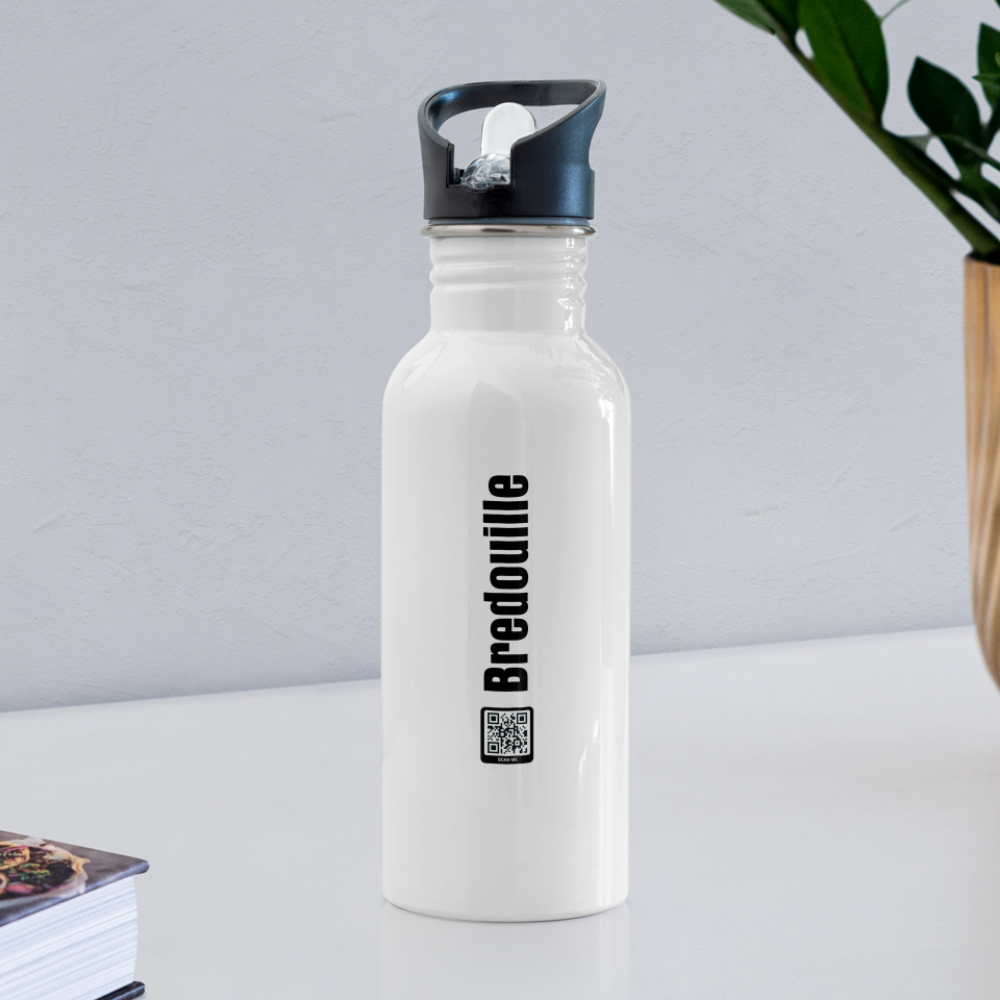There would be no moon landing without women
They invented the dishwasher and wrote the code that made the Apollo 11 mission possible in 1969: These women influenced history with their STEM skills.
Margaret Hamilton
“One small step for man, but one giant step for humanity” – without Margaret Hamilton, these famous words would not have existed. The American computer scientist wrote the code that made the Apollo 11 mission and the moon landing possible in 1969. She developed the so-called on-board flight software and is considered to be the inventor of the term “software engineering”. Even before appropriate training even existed, she became one of the most successful software developers in the world.
Florence Nightingale
If women had been allowed to practice the profession in the 19th century, Florence Nightingale would certainly have been a successful doctor: The British nurse, who was born in Florence in 1820, is considered a pioneer of modern nursing. Highly gifted in mathematics, she was also an ace at statistics and was the first woman to be admitted to the Royal Statistical Society. She could also have become an engineer, as her commitment to building irrigation systems in India demonstrated.
Joan Clarke
During World War II, the Germans used the famous Enigma cipher machines, which were designed to make it impossible for the enemy to decrypt intercepted messages. But the English had their own experts, or rather a woman expert. Cryptanalyst Joan Clarke and her tutor Alan Turing worked tirelessly to decipher the German codes, saving countless lives. She wasn't even allowed to complete her mathematics studies at Cambridge with a bachelor's degree because it wasn't yet awarded to women at the time. In 2014, her story was made into a film, with Keira Knightley and Benedict Cumberbatch in the lead roles, and the script received an Oscar.
Valentina Tereshkova
Valentina Tereschkowa, daughter of a tractor driver and a textile worker, worked for years as a cutter and ironer in a spinning mill. She got her technology diploma at night school and decided to become a cosmonaut in 1961. She applied for a Soviet space program, was accepted, and on June 6, 1963 became the first woman to fly into space.
Kathe Paulus
The trained seamstress Käthe Paulus loved free fall. Based on her technical, physical and weather knowledge, she developed the world's first parcel parachute at the beginning of the 20th century. This saved the lives of many soldiers in the First World War. And made skydiving as an adrenaline rush possible for everyone.
Josephine Cochrane
A dishwasher saves time, effort and water - its inventor Josephine Cochrane recognized this 130 years ago. Together with the railway mechanic George Buttler, the engineer's daughter designed and built the first model, which received a prize for the best design at the 1893 World's Fair in Chicago. However, she registered under her husband's name because women were not allowed to present their own inventions. After falling out with the first manufacturer of her invention, she founded her own production company, which was later bought by the KitchenAid company.





